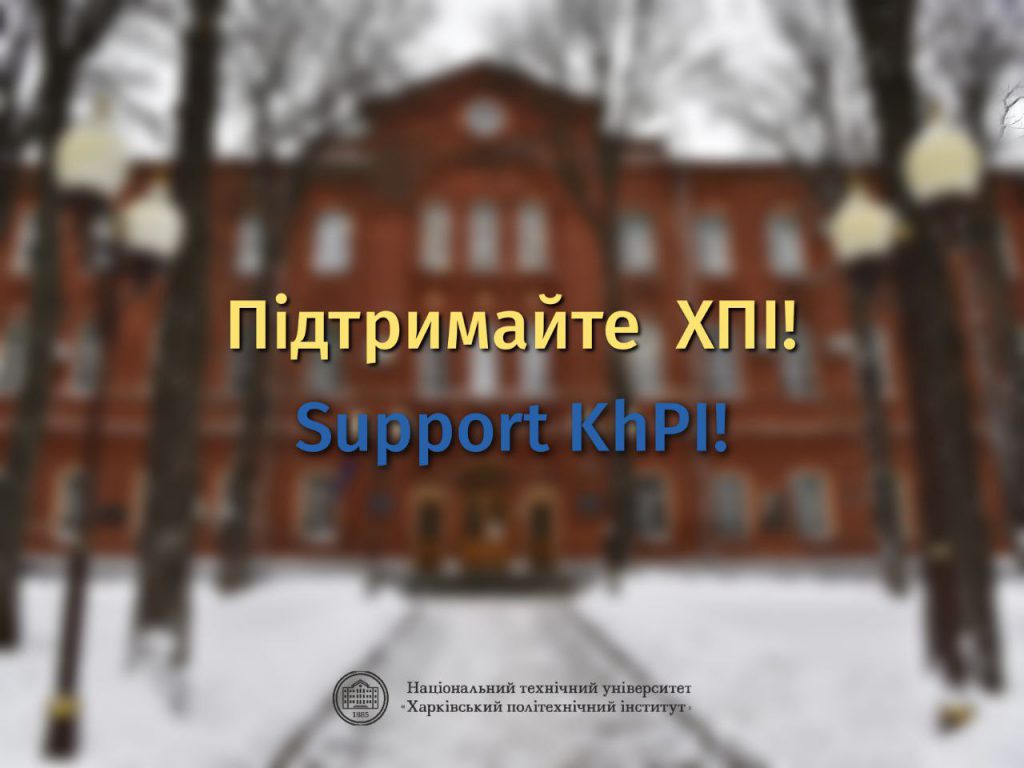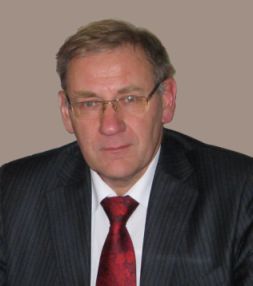Завідувач кафедри доктор технічних наук, професор Микола Дмитрович Сахненко, академік АН Вищої школи України.
SCOPUS: 6603696586
Кафедра заснована в 1926 році проф. А.Н. Щукаревим. У різні роки нею керували професори І.І. Стрєлков, С.С. Уразовський, А.Є. Луцький, В.М. Кошкін. З 2012 року кафедру очолює доктор технічних наук, професор Микола Дмитрович Сахненко, академік АН Вищої освіти України. Наукова школа кафедри включає більш як 90 кандидатів і докторів наук. У поточний час на кафедрі працюють 4 професори, 5 доцентів, старший викладач і асистент, а також 8 інженерів навчального процесу. Кафедра забезпечує викладання курсів, що пов’язані з фізичною і колоїдною хімією на 4 факультетах університету. З 1993 року кафедра запровадила читання факультативних курсів. «Кількісні методи у гуманітарних науках», «Сучасні ідеї у фізико-хімічному матеріалознавстві» (проф. В.М. Кошкін), а з 2013 – «Фізична хімія наноструктур», «Фізико-хімічні основи високих технологій в хімічній промисловості», «Хімічний опір матеріалів в агресивних середовищах: моніторинг, прогнозування, засоби захисту» (проф. М.Д. Сахненко).
Про визнання робіт кафедри свідчить обрання професорів І.І. Стрєлкова і С.С. Уразовського членами-кореспондентами Академії наук УРСР і обрання В.М. Кошкіна Іноземним членом Російської Академії природничих наук. Проф. С.С. Уразовському була присуджена Державна премія УРСР (1937 г). Проф. В.М. Кошкіну – Державна премія України (2001 р.). Серія робіт В.М. Кошкіна зі співавторами визнана відкриттям №245 по Держреєстру СРСР (1983 р.). Роботи кафедри друкуються в наукових журналах багатьох країн, співробітники кафедри читають лекції і доповіді в низці країн.
Наукові напрямки
Дослідження фізико-хімічних властивостей систем з міжфазними та поверхневими взаємодіями. Електрохімічний моніторинг протикорозійних лакофарбових та полімерних покривів. Електрохімічний дизайн функціональних матеріалів. Розробка фізико-хімічних основ енергозберігаючих технологій складних добрив та каталізаторів для зниження шкідливих викидів парниковоутворюючих газів

